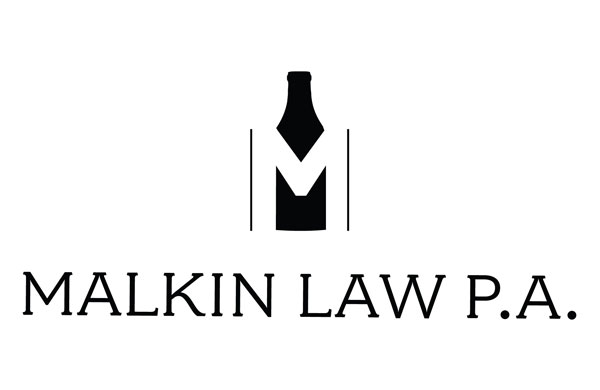Amy Greenberg, Director
Regulations and Rulings Division
Alcohol and Tobacco Tax and Trade Bureau
1310 G Street NW, Box 12
Washington, DC 20005
September 27, 2022
Re: ACSA Comments on Notice No. 213: Proposed Addition of American Single Malt Whisky to the Standards of Identity for Distilled Spirits
Dear Director Greenberg:
I am writing on behalf of the American Craft Spirits Association (ACSA), the only national trade association solely representing the interests of independent craft distillers across the United States. The independent small businesses that comprise our membership are overwhelmingly supportive of the Alcohol and Tobacco Tax and Trade Bureau (TTB)’s proposed Addition of American Single Malt Whisky to the Standards of Identity for Distilled Spirits.
We view this effort to add American Single Malt to the Standards of Identity as helpful to the community of craft spirits producers. We recognize and fully support the efforts of the American Single Malt Whisky Commission to listen and learn from its members, many of whom are also members of ACSA, to aid in shaping this added Standard of Identity. When surveyed, our members also overwhelmingly supported the addition of American Single Malt, as proposed by TTB, to the Standards of Identity.
We also like the idea of supporting innovation and therefore agree with:
– Mashed, distilled and matured in the United States of America: Other than the distillation taking place at a single distillery, the rest of the production process should take place in the United States for the whiskey to be called American Single Malt Whiskey.
Noting that other whisky standards do not incorporate size restrictions for barrels, is a 700-liter limit for oak barrels for aging American single malt whisky necessary or appropriate? ACSA does not object to this upper limit.
What impact, if any, would this new standard of identity have on current producers of malt whiskey? Of respondents to the survey, 85% believe this will have a positive impact on their business, so ACSA believes this will be a net positive impact on craft distilleries.
If TTB adopts this proposed amendment, and if any previously approved labels are impacted, for how long should TTB allow the use of previously approved labels for American single malt whisky that do not meet the new standard of identity before they are revoked by operation of regulation? Our members did not provide specific guidance on the timeline for label alterations but given supply chain disruptions and the small size of our affected members, we request it be longer than the six-month use-up term often used in these situations. ACSA proposes a one-year term.
Is it appropriate that the new standard of identity allows the use of used, uncharred new, and charred new oak barrels? We support this.
Should TTB amend its regulations to allow for the designation “straight” to be used with American Single Malt Whisky? Member support for allowing the designation “straight” with American Single Malt Whiskey was strong, and ACSA supports this amendment.
Should the use of coloring, flavoring, or blending materials be allowed in the production of American single malt whisky? If so, what coloring, flavoring, or blending materials are “customarily employed” in the production of American single malt whisky, in accordance with 27 CFR 5.155? Please provide any available evidence of their use. ACSA opposes this allowance.
Should TTB amend its regulations to allow for mixtures of American single malt whisky to be labeled as “blended American single malt whisky,” similar to how TTB regulations allow for blended Scotch whisky and blended Canadian whisky to be labeled, respectively, “blended Scotch whisky” and “blended Canadian whisky”? ACSA would oppose this allowance, and we suggest the use of “blended American Malt Whiskey” for such products.
On February 9, 2022, the Department of the Treasury released a report, “Competition in the Markets for Beer, Wine, and Spirits,” which was produced in response to Executive Order 14036, “Promoting Competition in the American Economy” (86 FR 36987, July 9, 2021). Would the addition of a standard of identity for American Single Malt Whisky affect competition in the alcohol beverage market? It is difficult to determine what the effect on competition in the American spirits market will be after the adoption of the new category. The ASMWC has studies which contend that this new category will encourage consumers to explore the new category and new makers more. Many craft spirits producers are creating new products with this category in mind, and eagerly anticipate its adoption.
Thank you for your immediate attention to this issue. I would be happy to discuss further. I can be reached at (202) 669-3661.
Respectfully,
Margie A.S. Lehrman
Chief Executive Officer
American Craft Spirits Association


